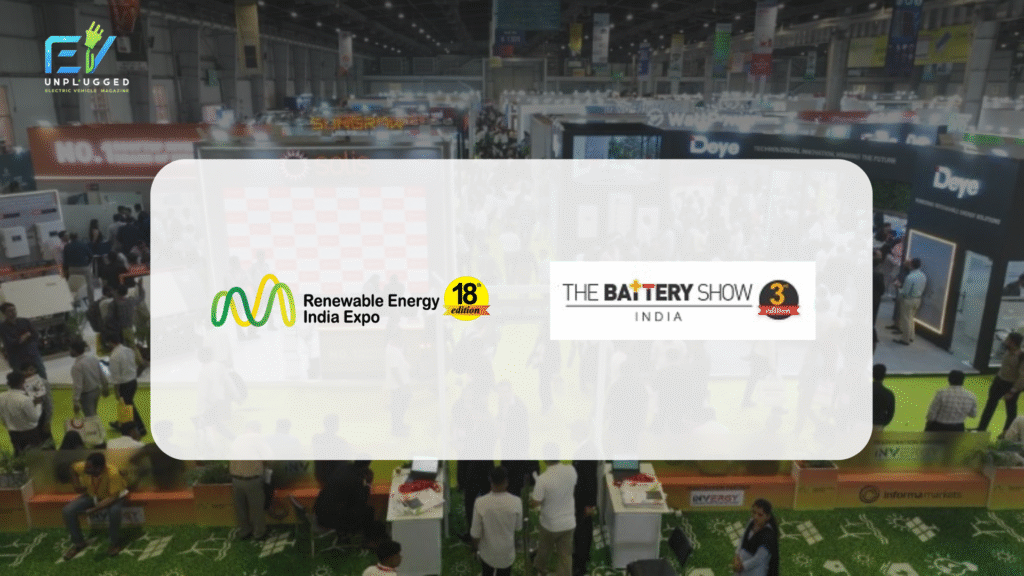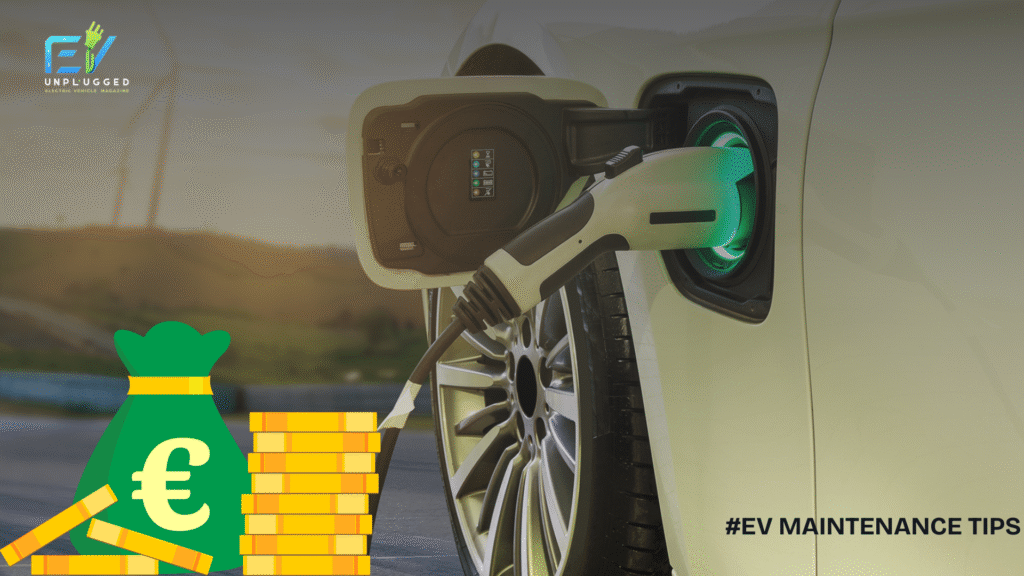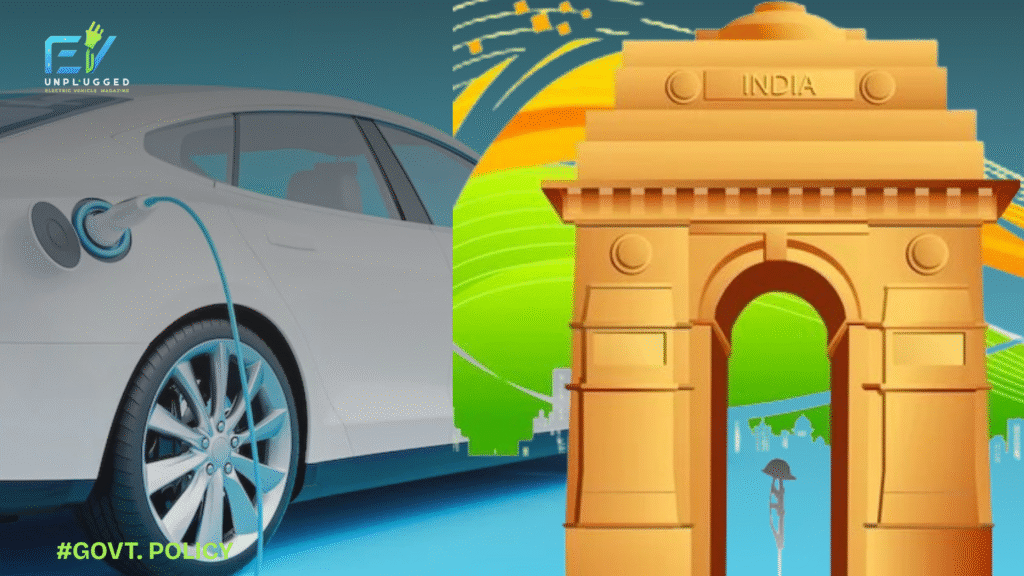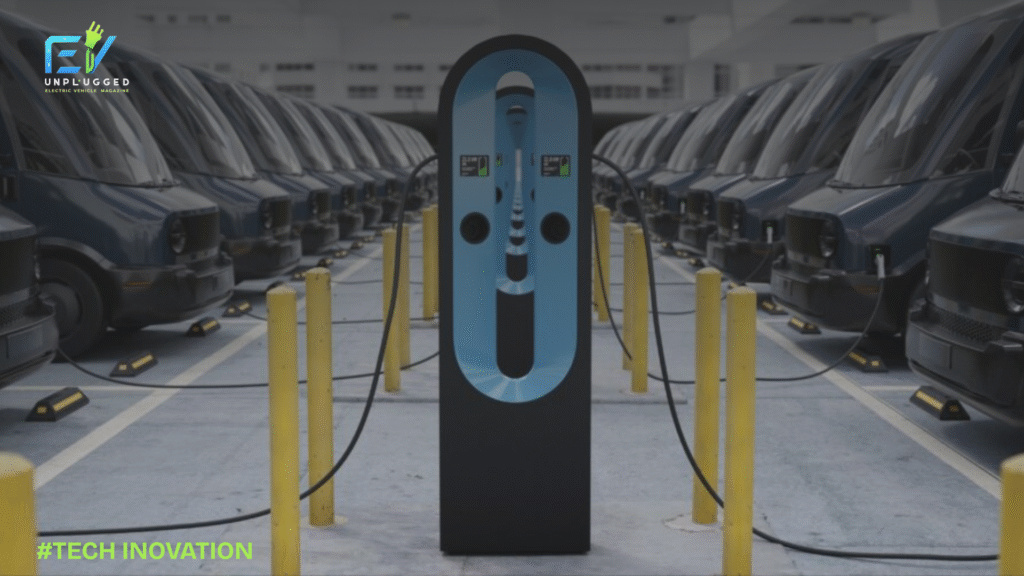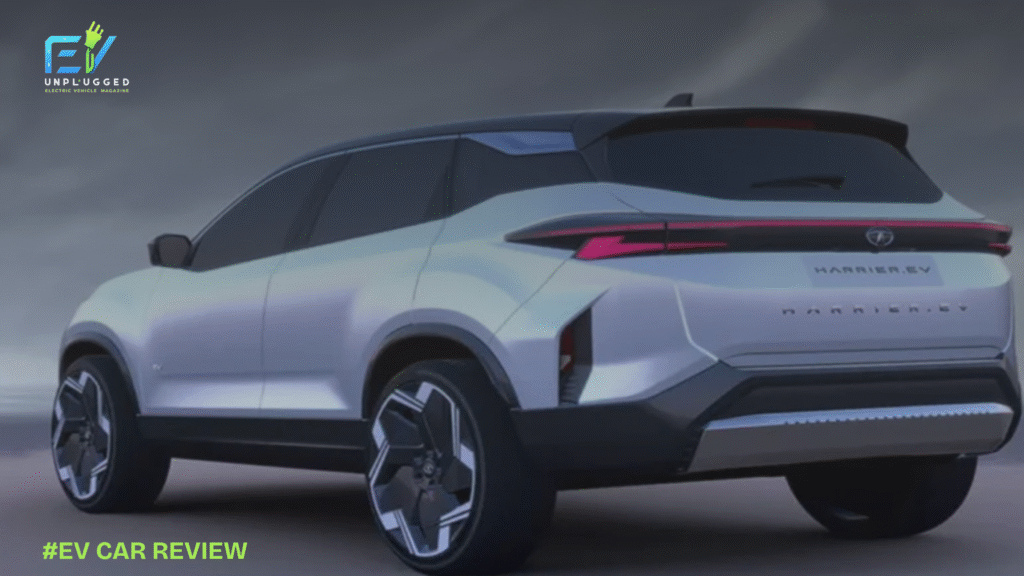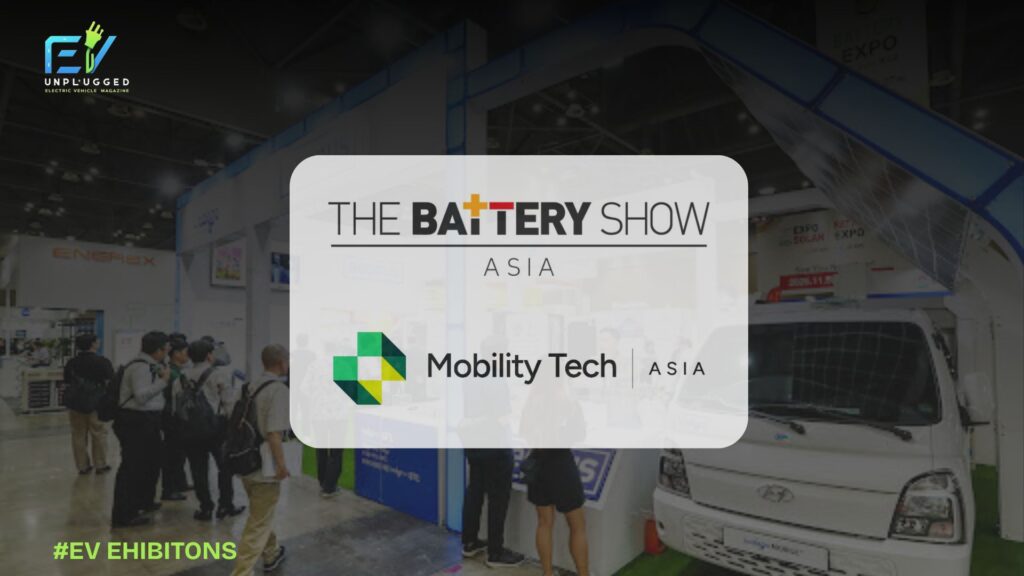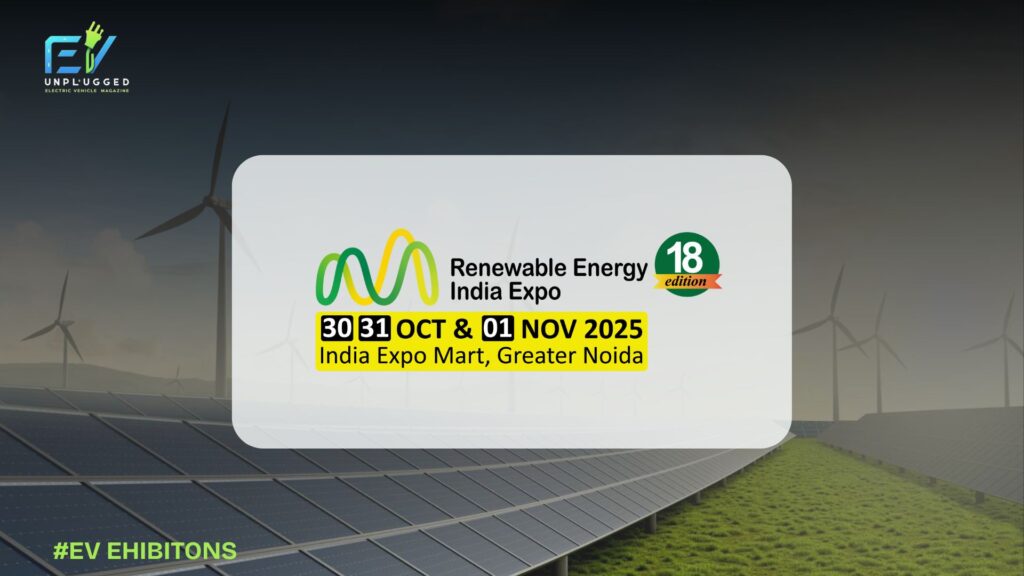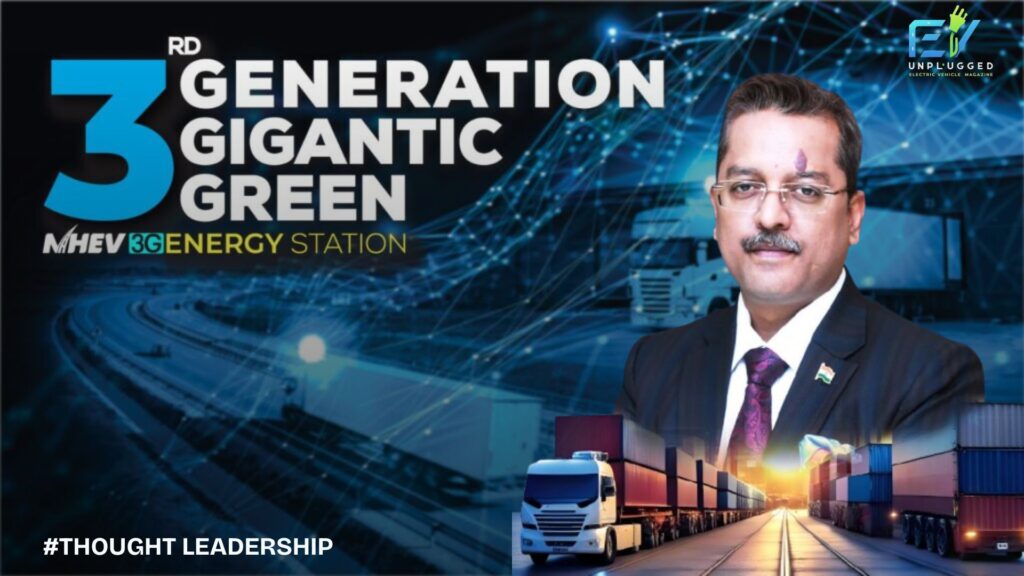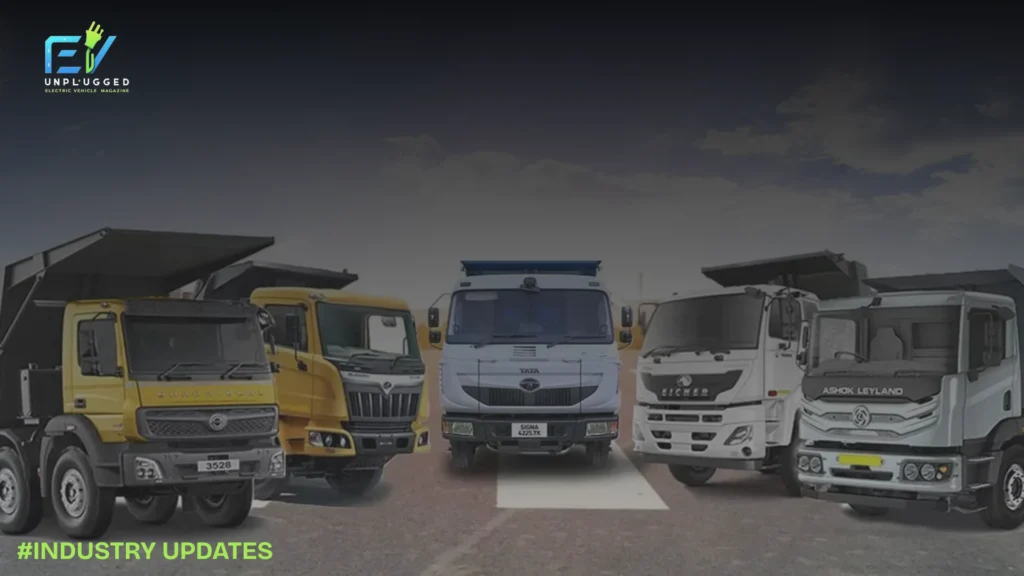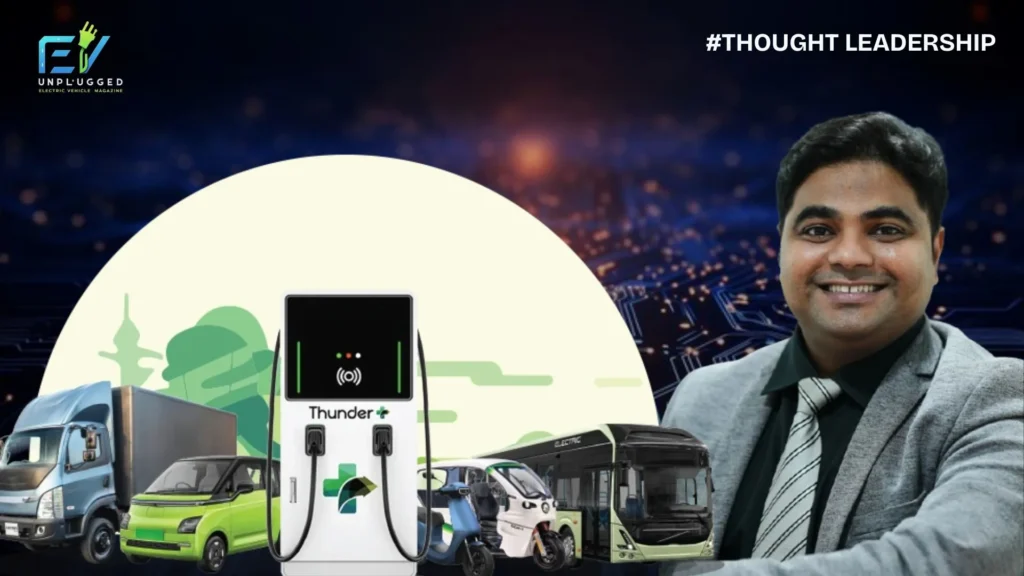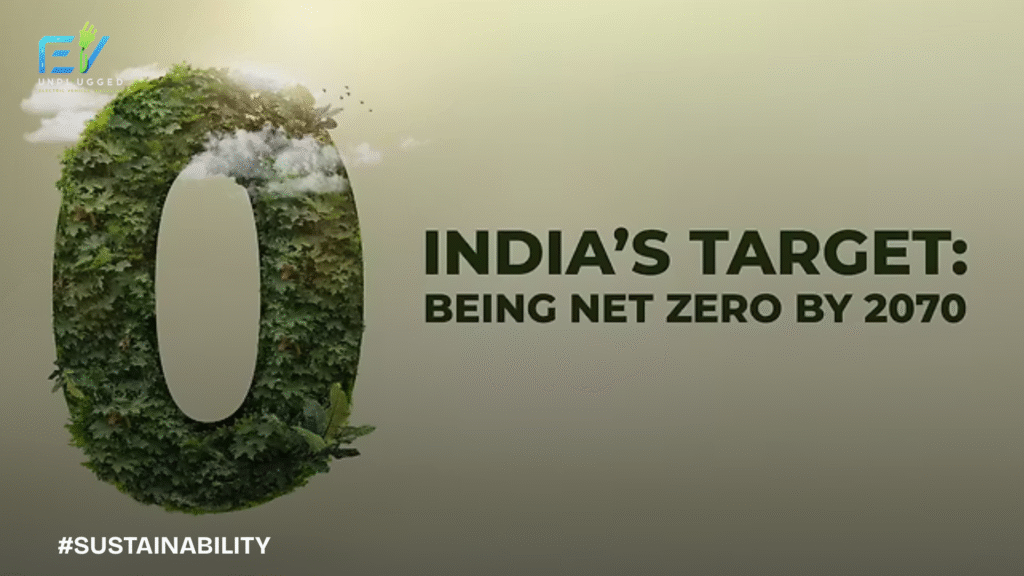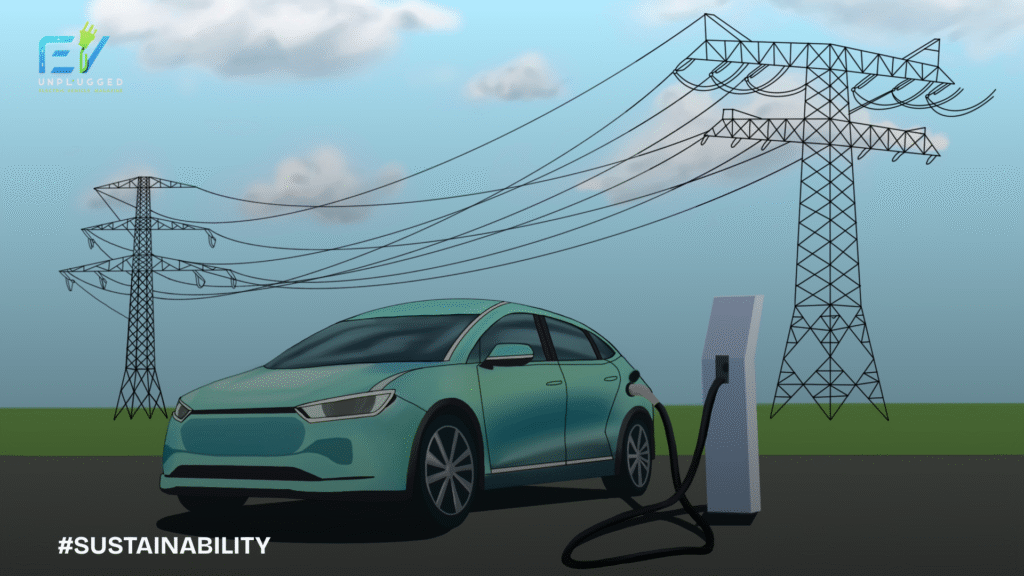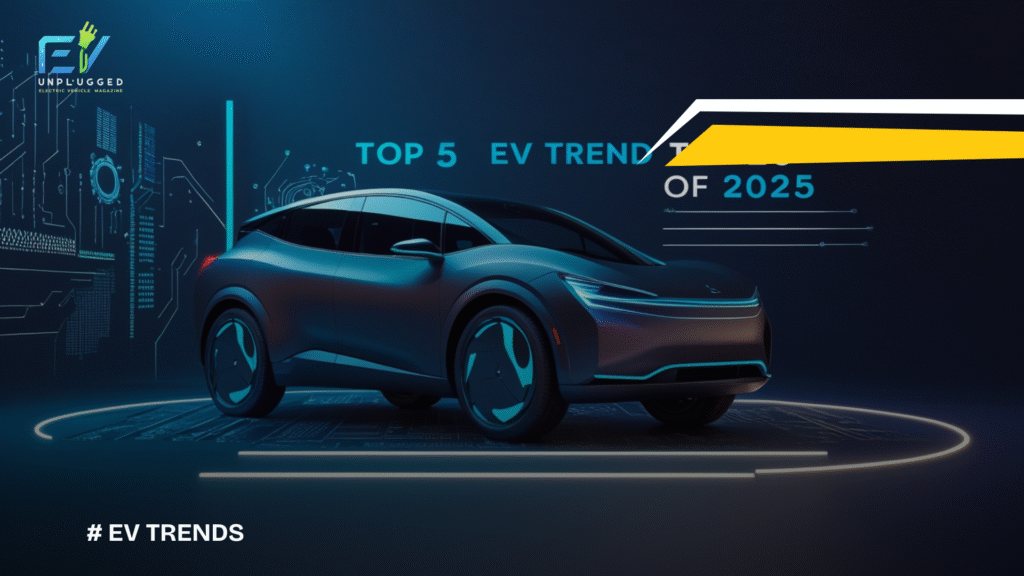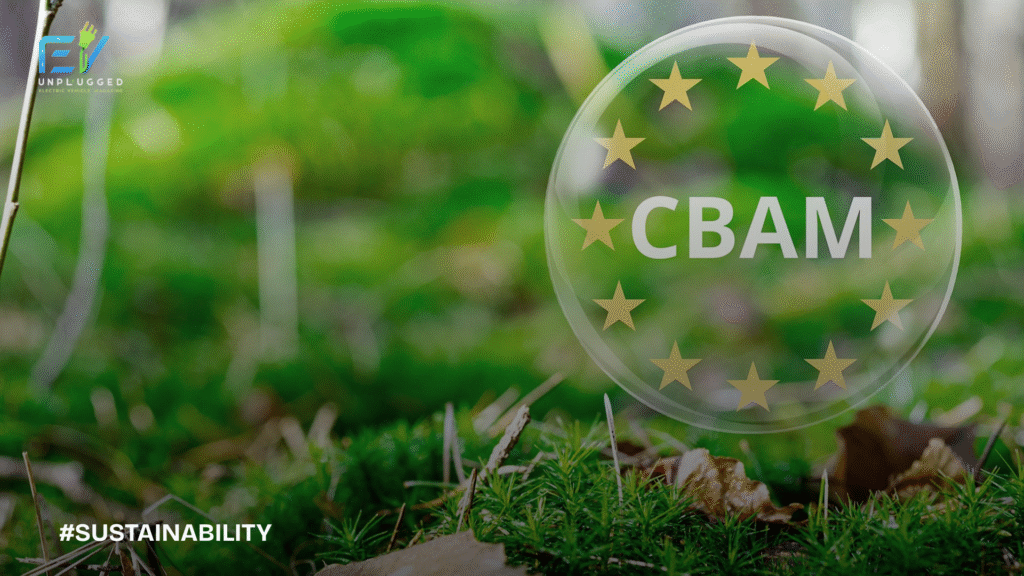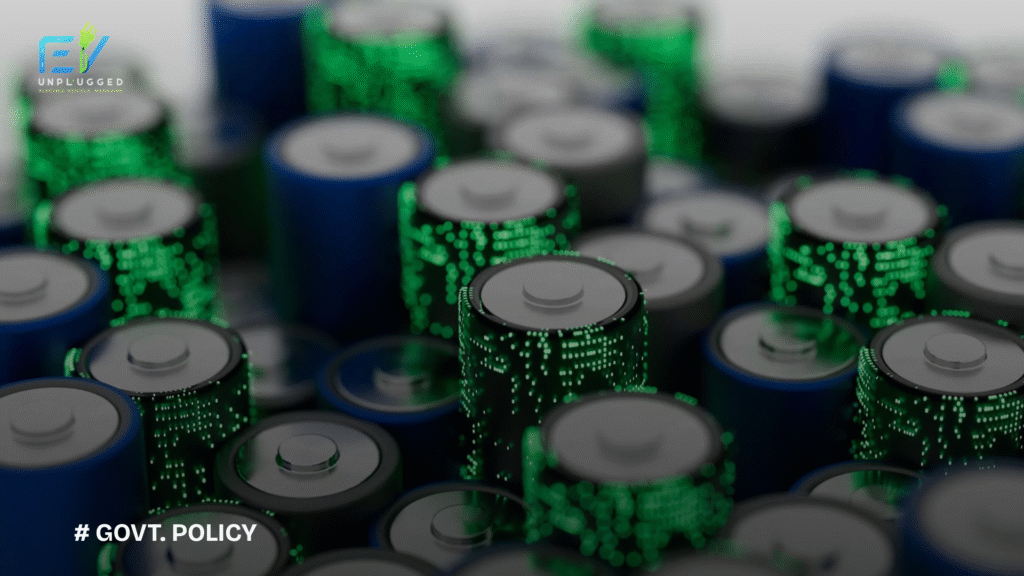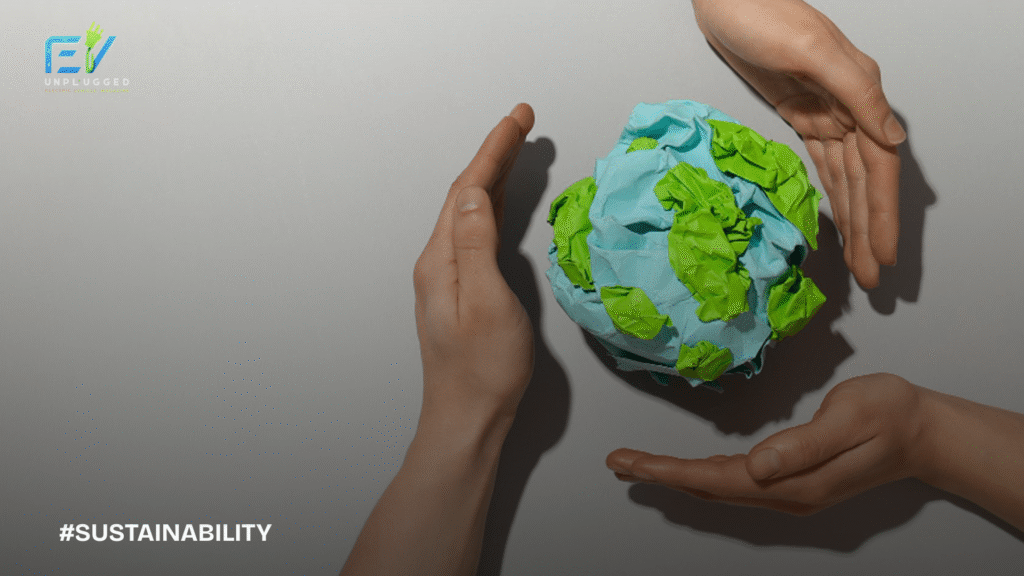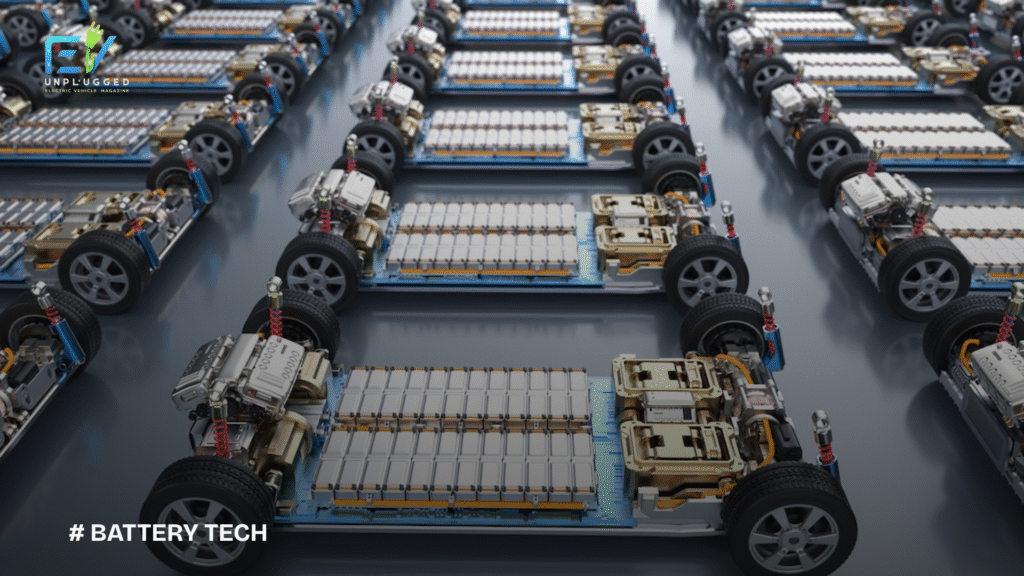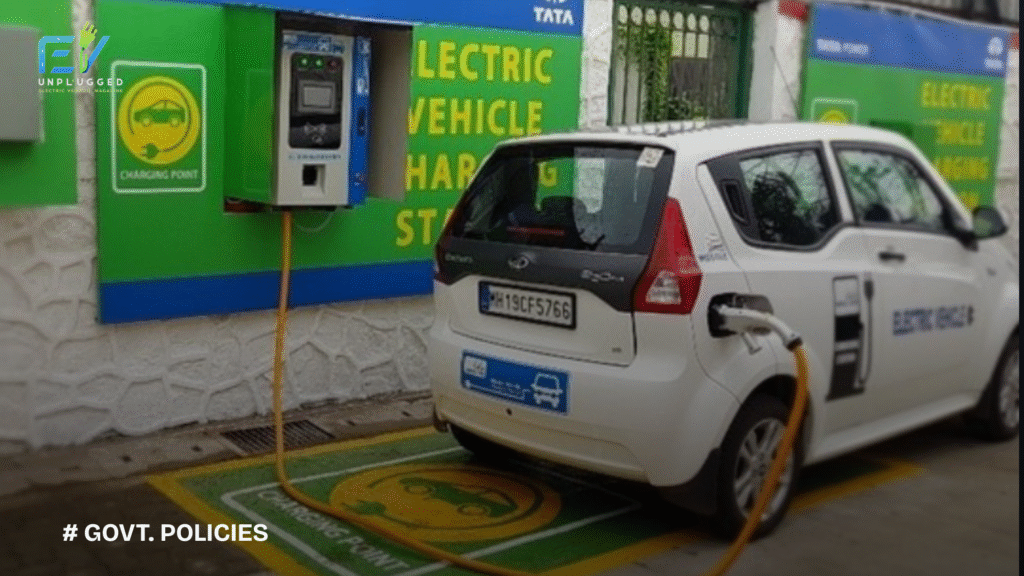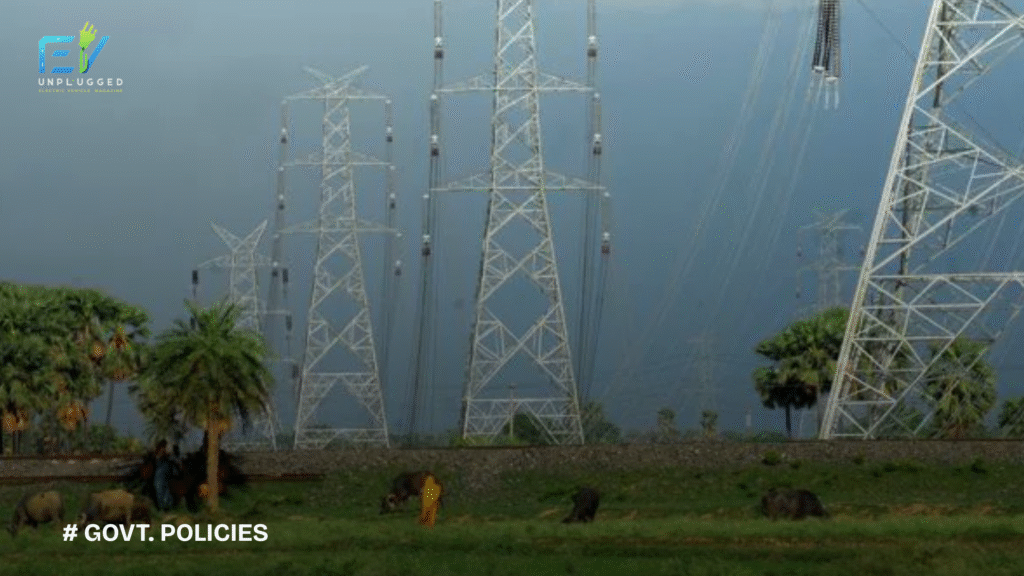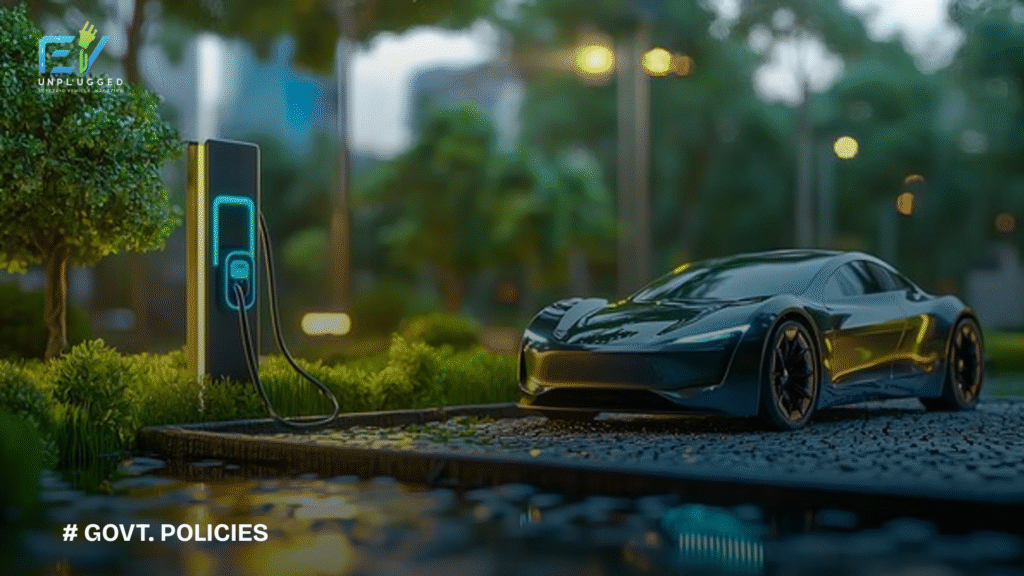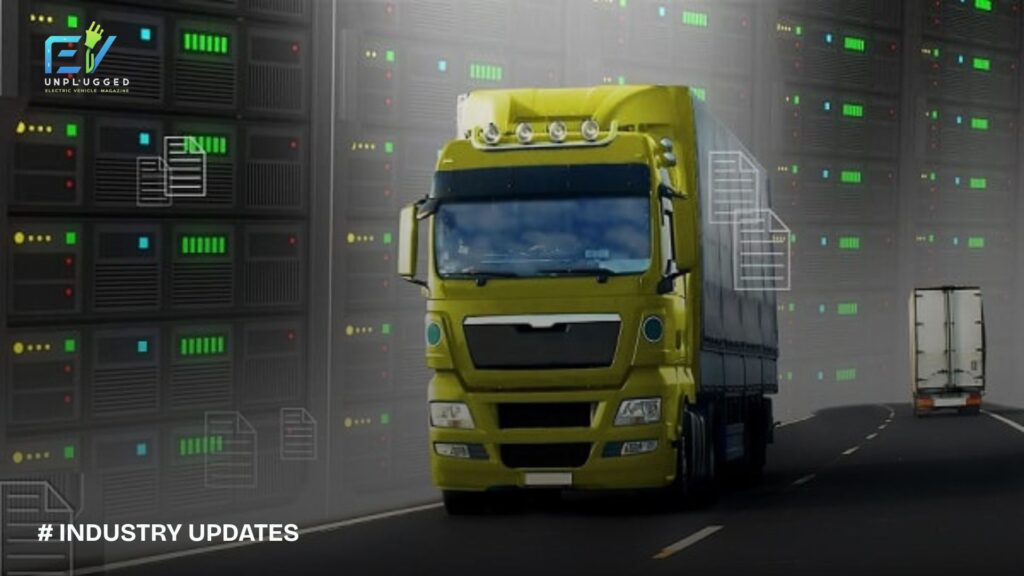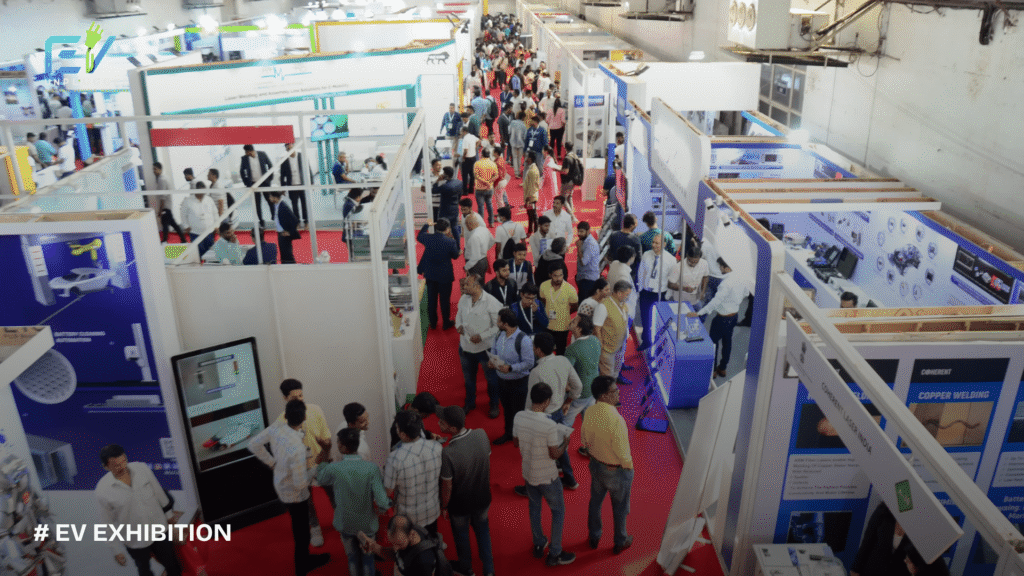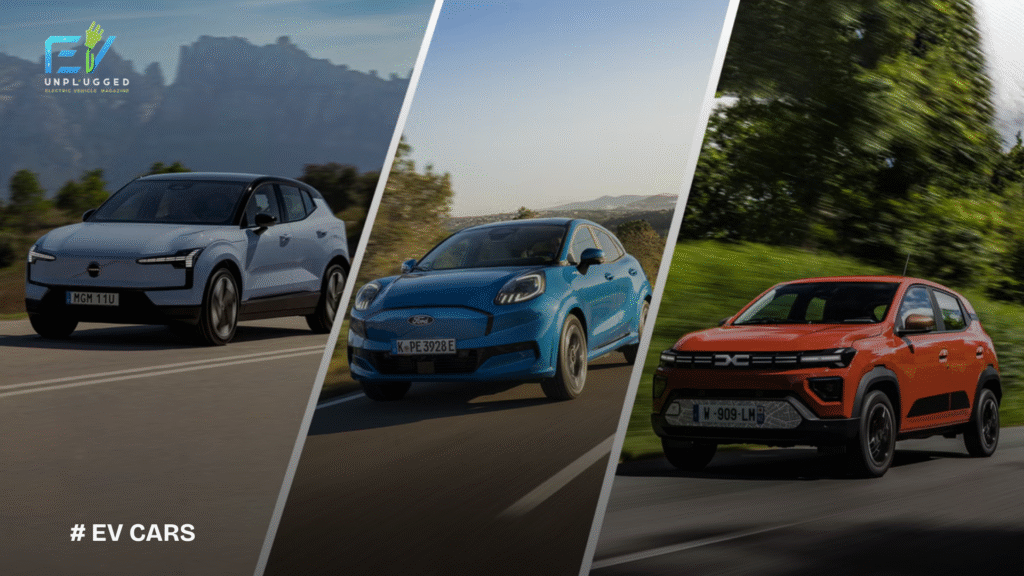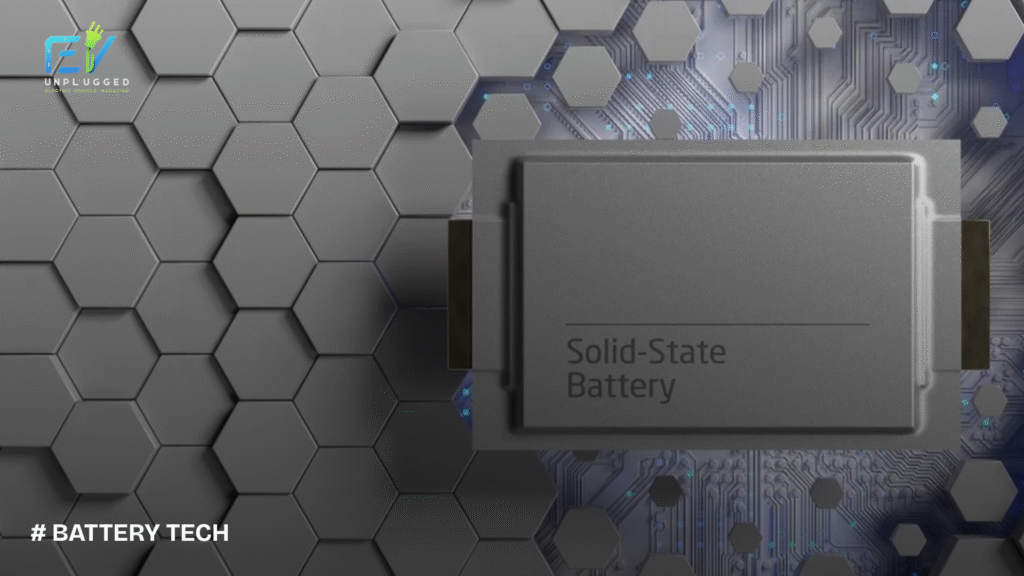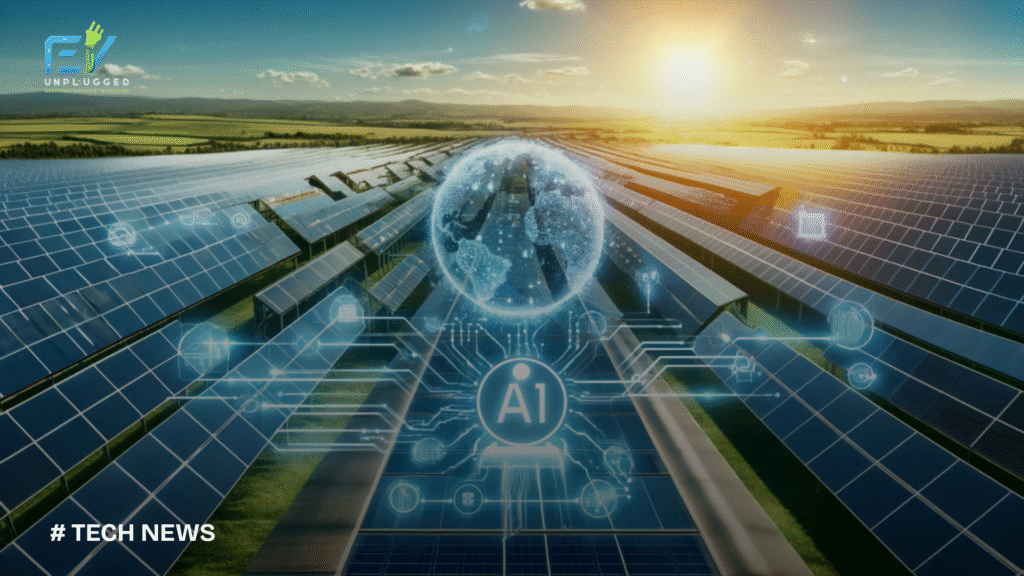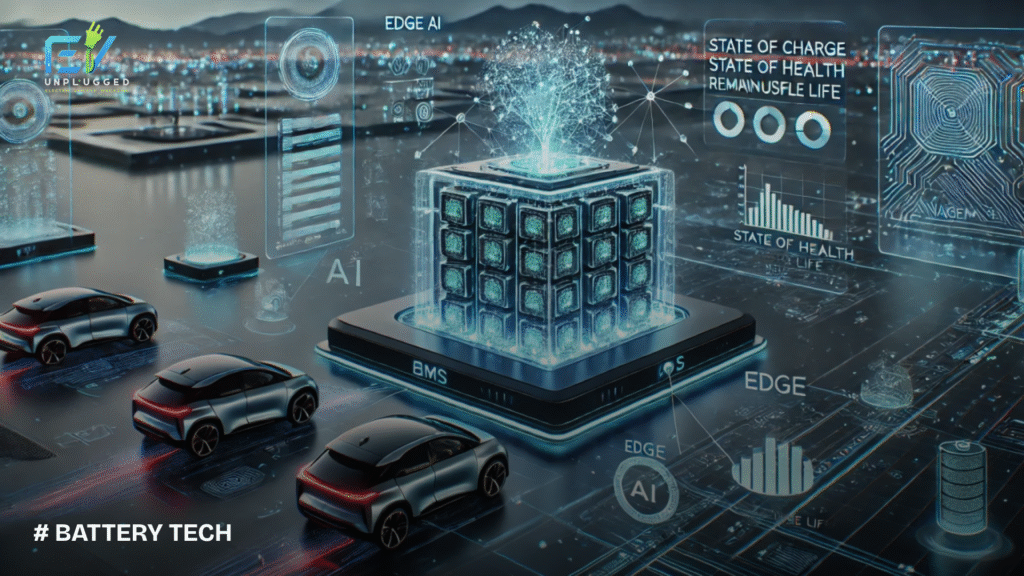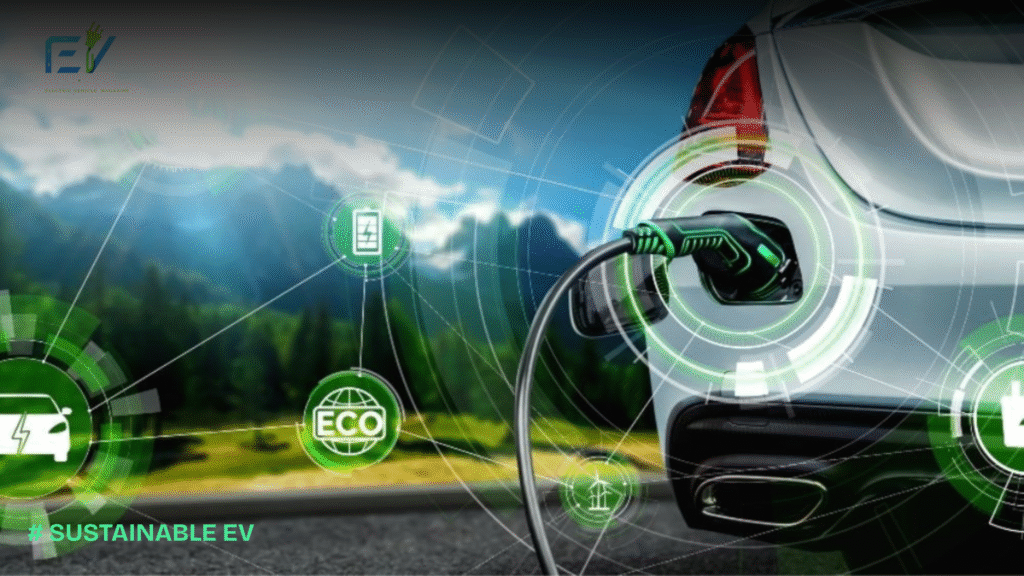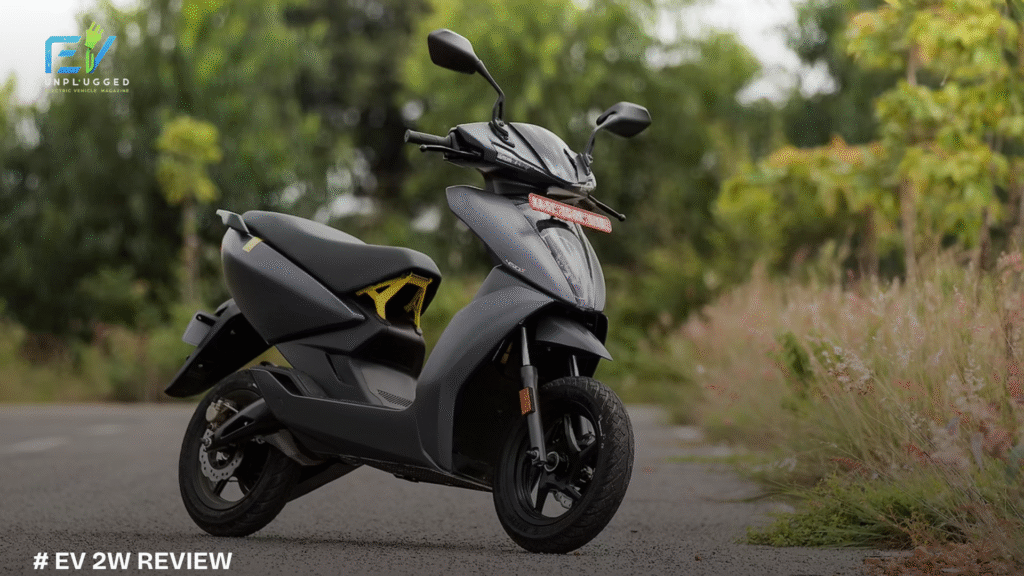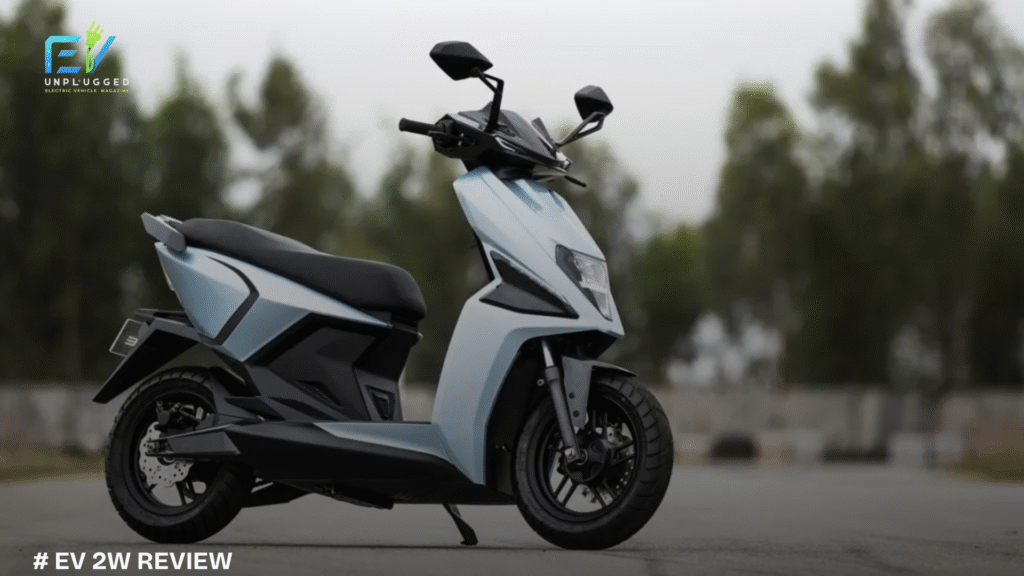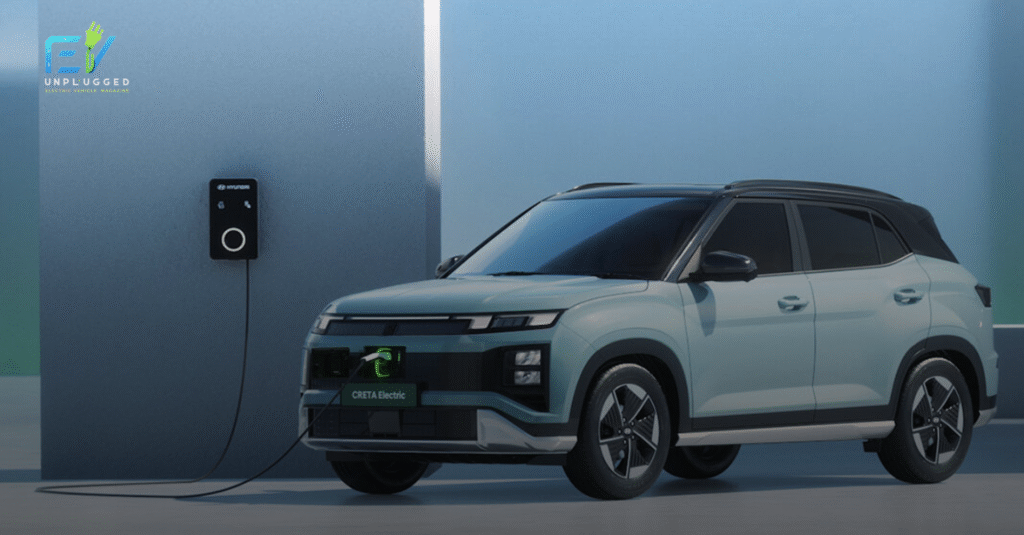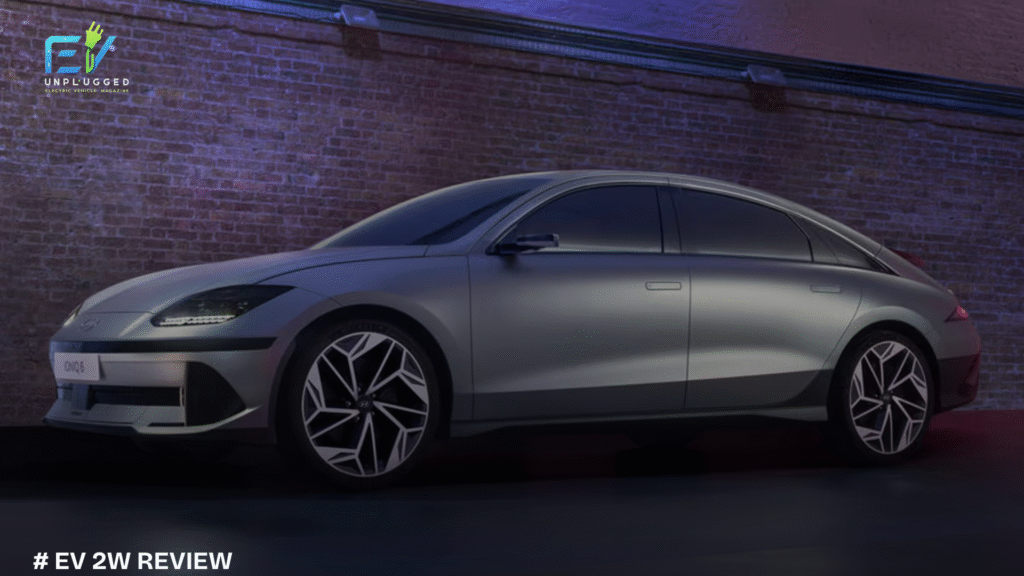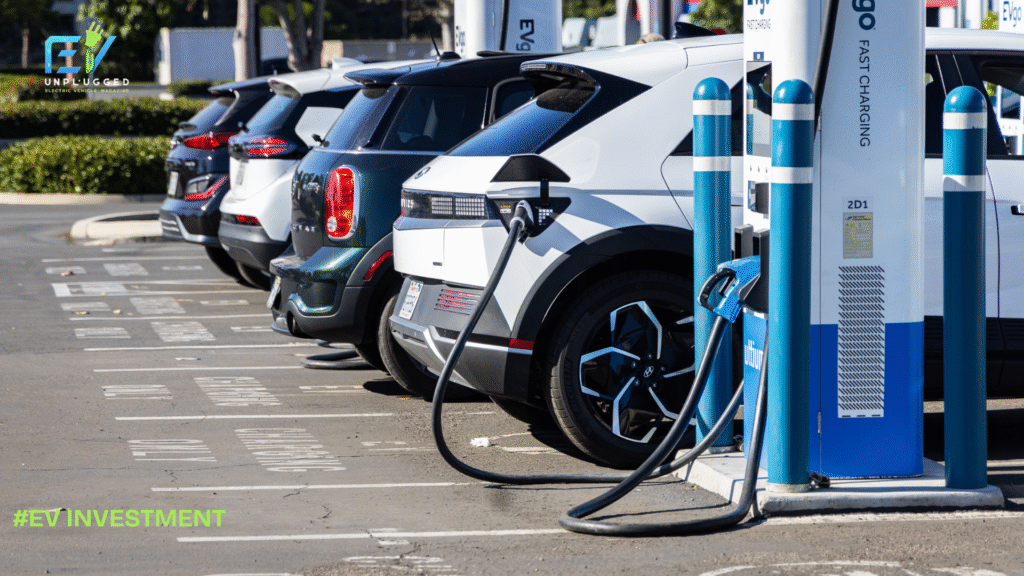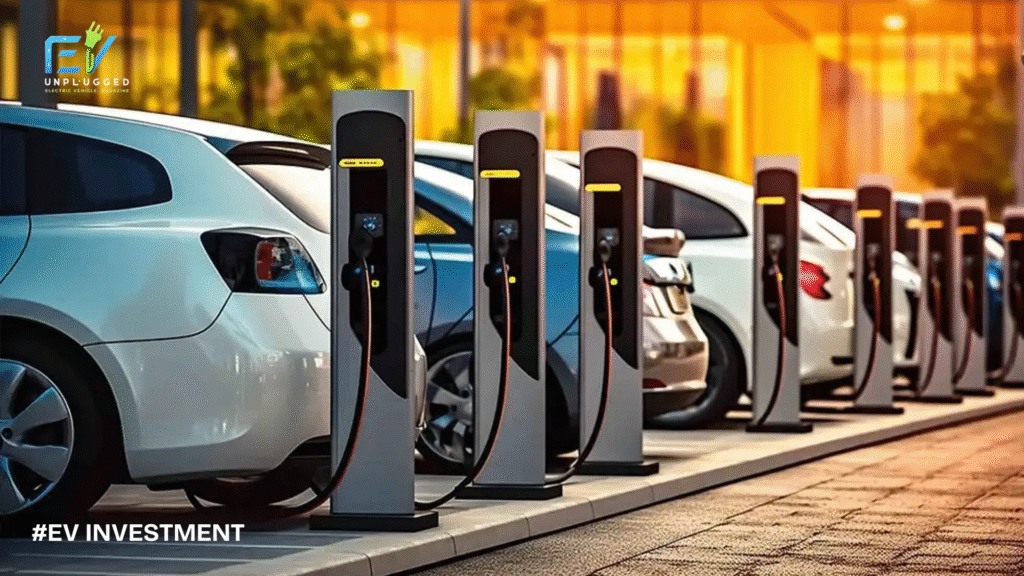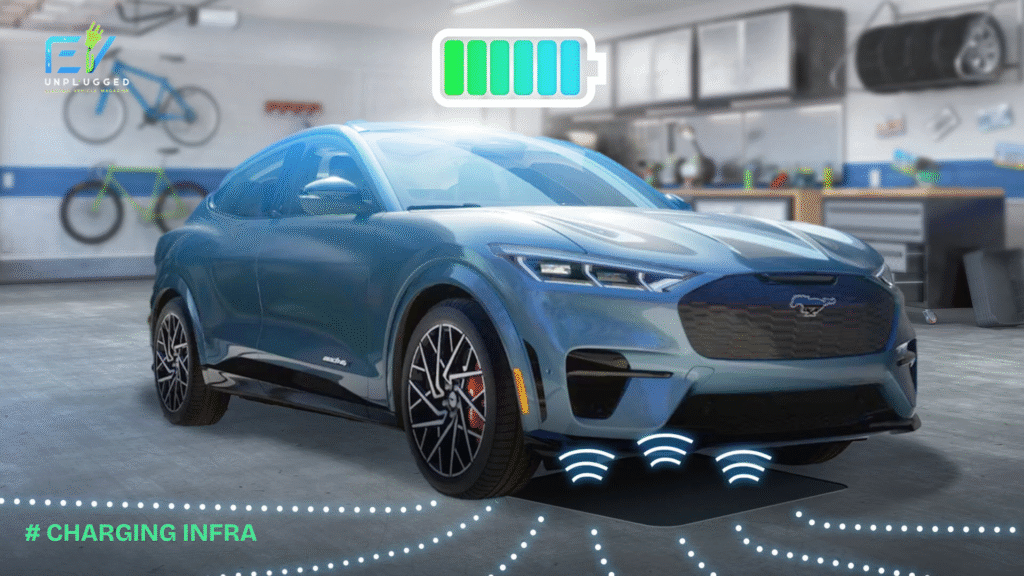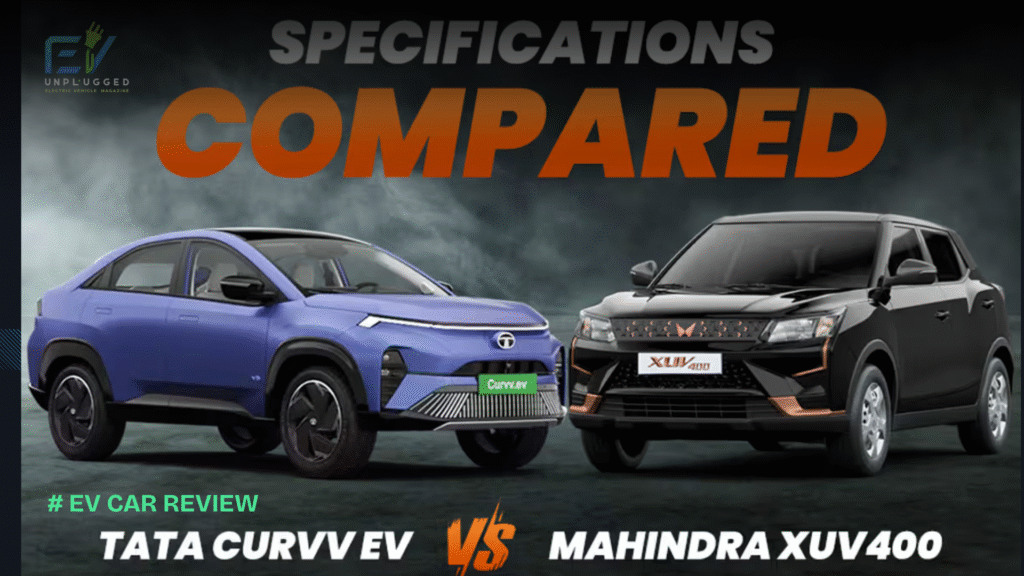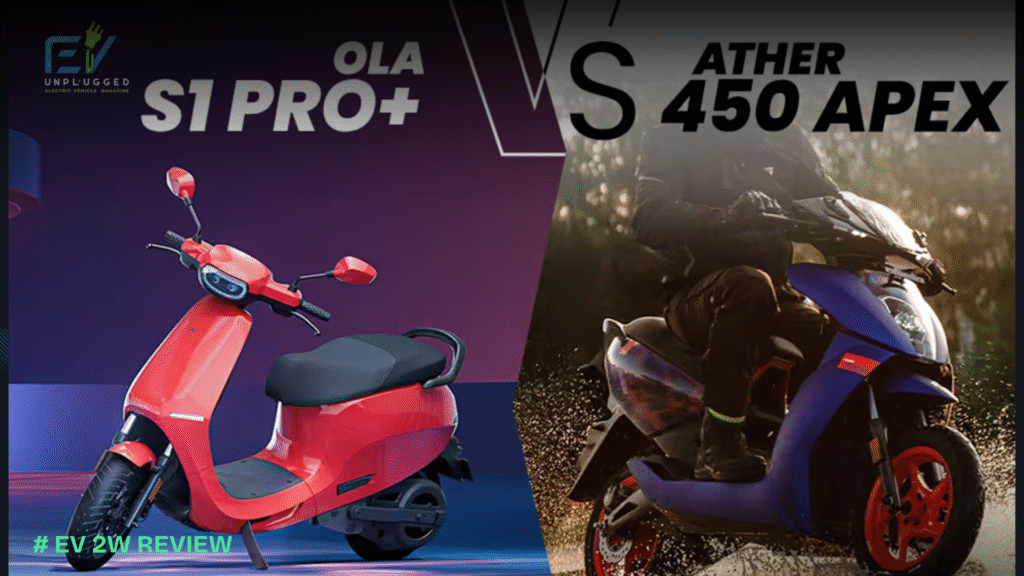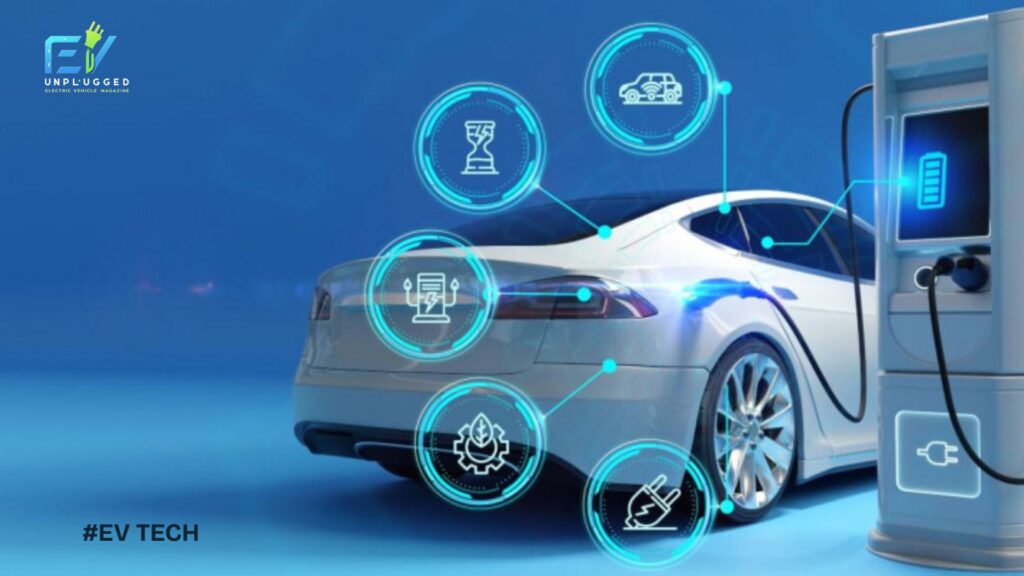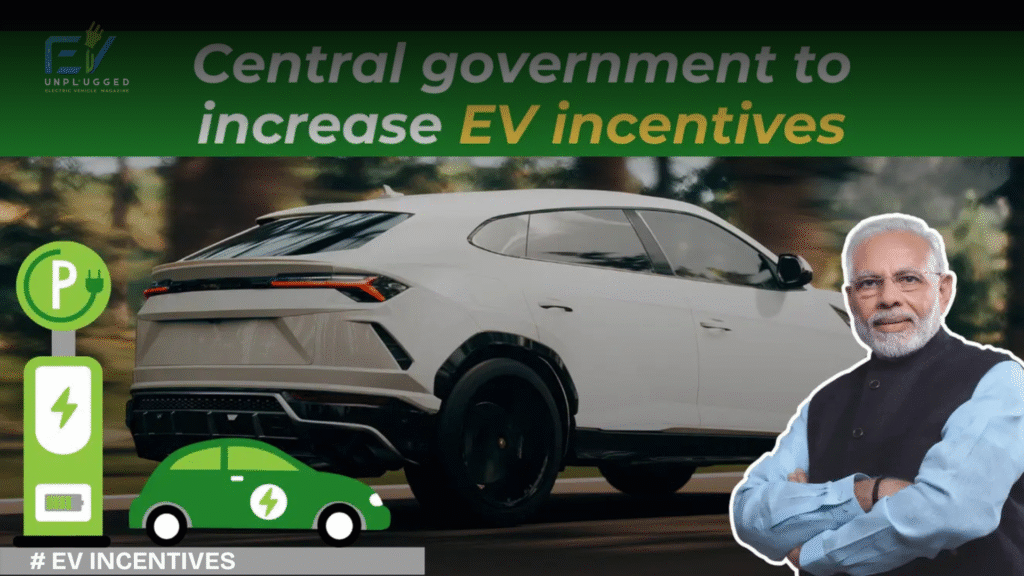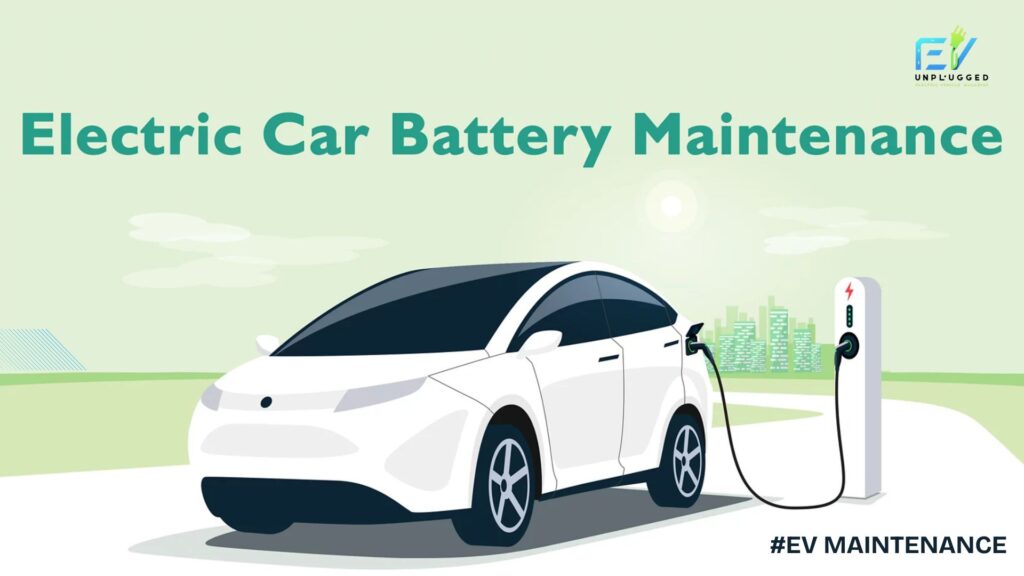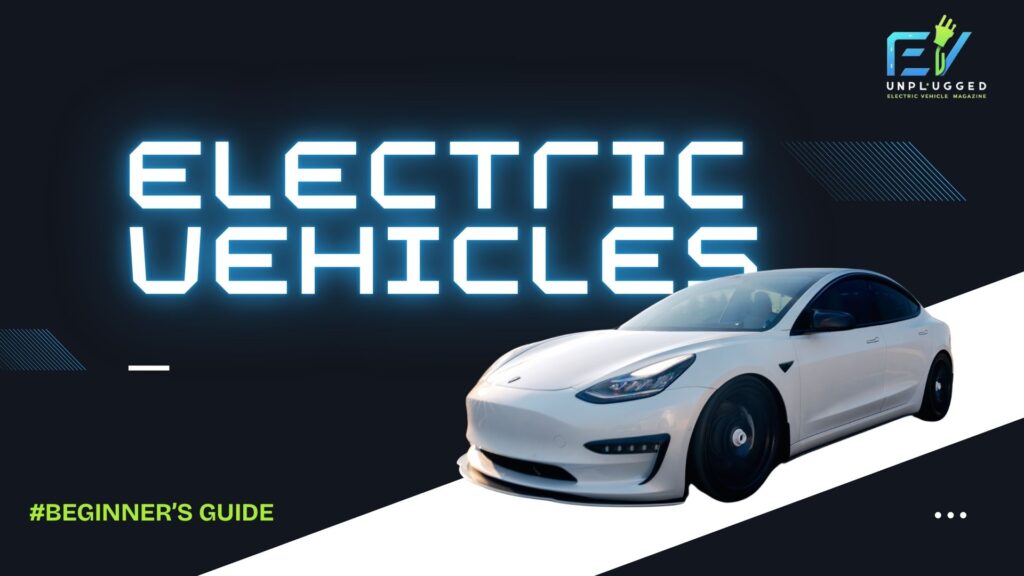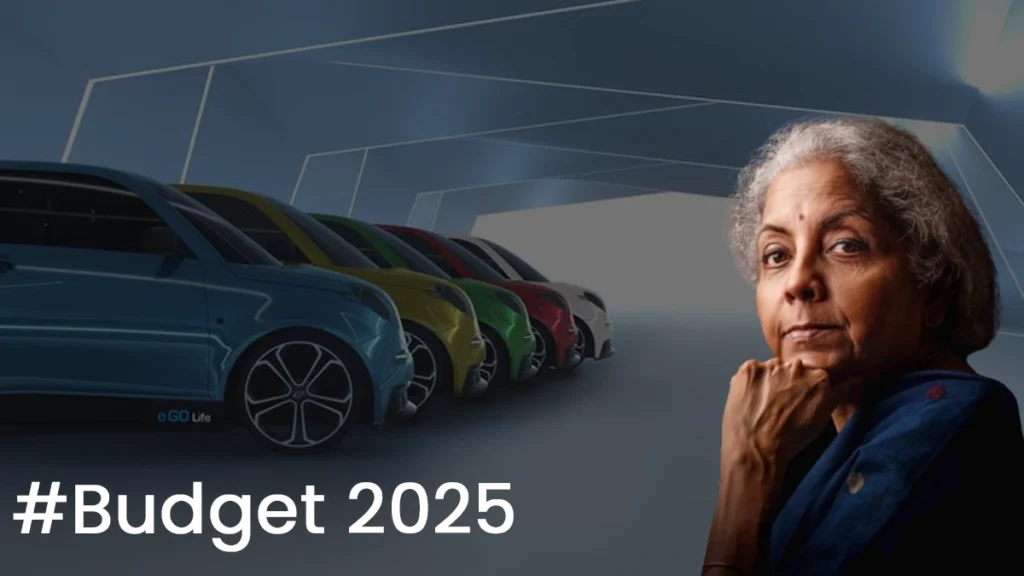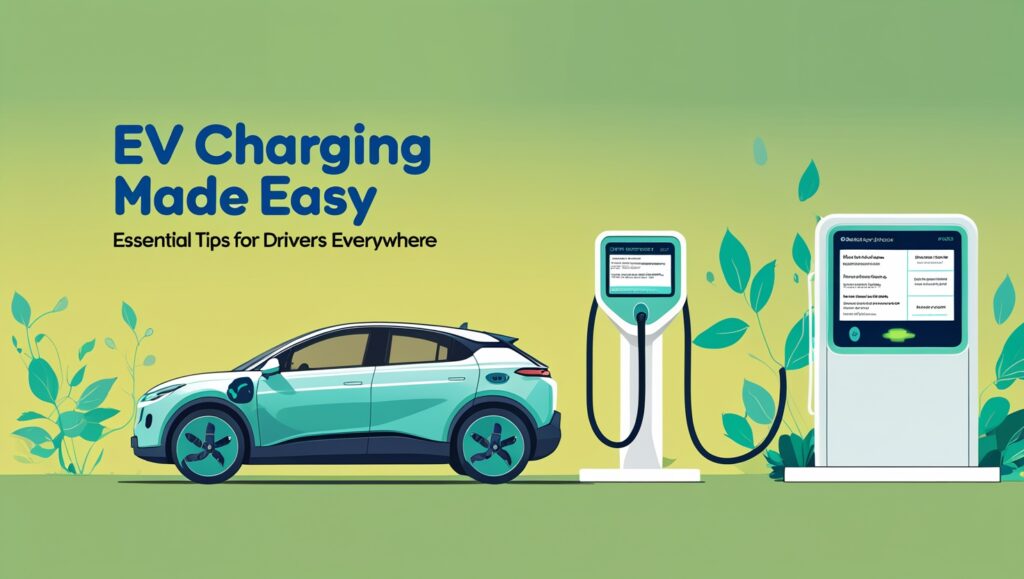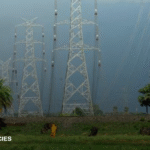State-by-State Breakdown: Which Indian States Lead in EV Policies and Infrastructure?
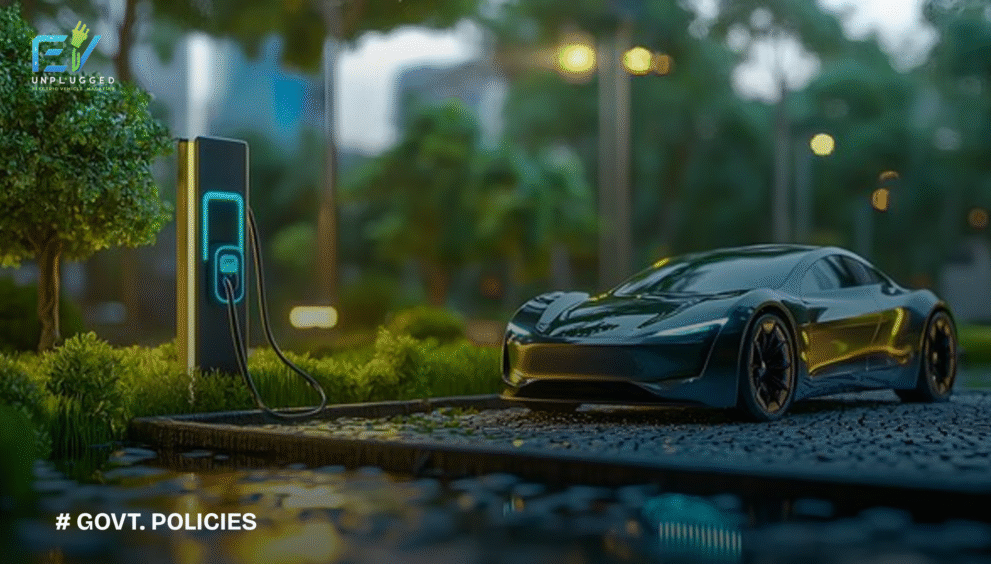
India’s electric vehicle (EV) market is accelerating rapidly, fueled by government policies, subsidies, and infrastructure development. However, the pace of EV adoption varies significantly across states due to differences in policy frameworks, investment in charging infrastructure, and local incentives. This article offers a detailed state-by-state breakdown of India’s leading EV ecosystems, highlighting their policies, infrastructure, and impact on the clean mobility sector.
1. Karnataka: The Front Runner in EV Ecosystem Development
Karnataka has established itself as a leader in India’s EV sector with comprehensive policies and active infrastructure development. The Karnataka Electric Vehicle and Energy Storage Policy 2023 aims to position the state as a global EV hub by offering incentives such as:
- Up to ₹25,000 per electric two-wheeler
- Subsidies on electric three-wheelers and commercial vehicles
- Exemption from road tax and registration fees for EVs
Infrastructure:
As per the latest data from the Ministry of Power (2024), Karnataka has deployed over 1,000 EV charging stations statewide, including fast chargers along major highways. Bangalore alone hosts more than 400 public charging points.
Impact:
The policy has attracted major investments from companies like Ather Energy and Bosch, making Karnataka a hotspot for EV startups and manufacturing.
2. Delhi NCR: Policy Aggressiveness and Charging Network Expansion
Delhi, the national capital region, boasts some of the most aggressive EV policies in India. The Delhi EV Policy 2022 targets 25% EV penetration in new vehicle registrations by 2024 and offers incentives such as:
- ₹30,000 subsidy for electric two-wheelers
- 100% road tax waiver for EVs
- Exemption from congestion charges for EVs
Infrastructure:
Delhi has over 1,500 EV charging points, including a robust network of fast chargers and battery swapping stations, managed partly through public-private partnerships.
Statistics:
According to the Delhi Transport Department (2024), electric two-wheelers constitute nearly 18% of new vehicle sales in Delhi, a significant increase compared to the national average of 6%.
3. Maharashtra: Industrial Strength and Infrastructure Growth
Maharashtra, India’s financial capital, is rapidly expanding its EV policies under the Maharashtra Electric Vehicle Policy 2021 with a target of 10% EVs on the road by 2025. Key incentives include:
- Subsidies up to ₹15,000 on electric two-wheelers
- Financial aid for EV manufacturing and charging infrastructure
- Encouragement for electric buses and commercial vehicles through tenders and subsidies
Infrastructure:
Mumbai and Pune lead the state’s EV infrastructure growth, with over 700 public charging stations reported in 2024. Maharashtra is also focusing on fast chargers along highways connecting Mumbai, Pune, and Nagpur.
Impact:
The state has seen several partnerships between OEMs and infrastructure providers to build an extensive charging network, improving consumer confidence in EV adoption.
4. Tamil Nadu: Manufacturing and Policy Synergy
Tamil Nadu is a significant manufacturing hub for electric vehicles and components. The Tamil Nadu EV and Energy Storage Policy 2021 promotes EV manufacturing and adoption by offering:
- Capital subsidies for EV manufacturers
- Exemptions on electricity duty for charging stations
- Demand incentives for electric two-wheelers and buses
Infrastructure:
Chennai and Coimbatore have over 600 public charging points, with growing private investments in EV infrastructure.
Statistics:
According to a FICCI report (2024), Tamil Nadu hosts over 20% of India’s EV manufacturing capacity, making it a strategic hub for battery and vehicle production.
5. Gujarat: Industry-Friendly Policies and Infrastructure
Gujarat’s EV Policy 2021 focuses on integrating clean mobility into its industrial corridors. It offers:
- Capital subsidies for EV manufacturing units
- Road tax exemptions and registration fee waivers
- Special incentives for electric buses and goods carriers
Infrastructure:
Ahmedabad and Surat lead with over 400 EV charging stations, supported by collaborations between government and private firms.
Impact:
Gujarat’s strong industrial base has attracted EV startups and battery manufacturers, contributing to local employment and economic growth.
6. Other Emerging States
- Telangana: With its Telangana EV Policy 2023, focusing on electric two- and three-wheelers, and public transport electrification, the state is scaling up charging infrastructure with over 200 stations in Hyderabad alone.
- Uttar Pradesh: The UP EV Policy 2021 promotes electrification of public transport and government fleets. Infrastructure growth is ongoing, with a focus on fast charging corridors along NH highways.
- Kerala: Known for progressive energy policies, Kerala’s EV initiatives emphasize clean transport for tourism and public buses, with subsidies and increasing charging stations in Kochi and Thiruvananthapuram.
Conclusion
India’s EV revolution is driven by varied state-level policies and infrastructure investments. Karnataka, Delhi NCR, Maharashtra, Tamil Nadu, and Gujarat currently lead the charge, combining strong incentives with expanding charging networks to boost adoption. As states continue to innovate and invest, a nationwide EV ecosystem is taking shape, contributing to India’s sustainable mobility goals.
For EV startups, manufacturers, and consumers, understanding these state-wise differences is crucial for strategic planning and decision-making.
References
- Ministry of Power, Government of India, EV Charging Stations Report 2024
- FICCI, Electric Mobility Report 2024
- State Transport Departments: Karnataka, Delhi, Maharashtra, Tamil Nadu, Gujarat
- NITI Aayog, India EV Policy Analysis 2023

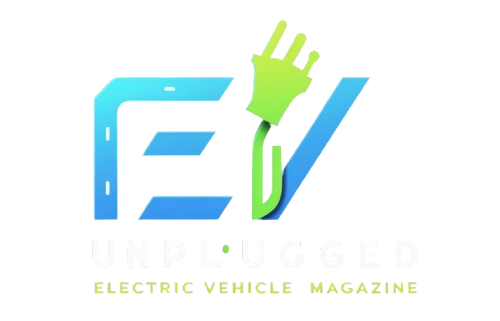
 English
English 